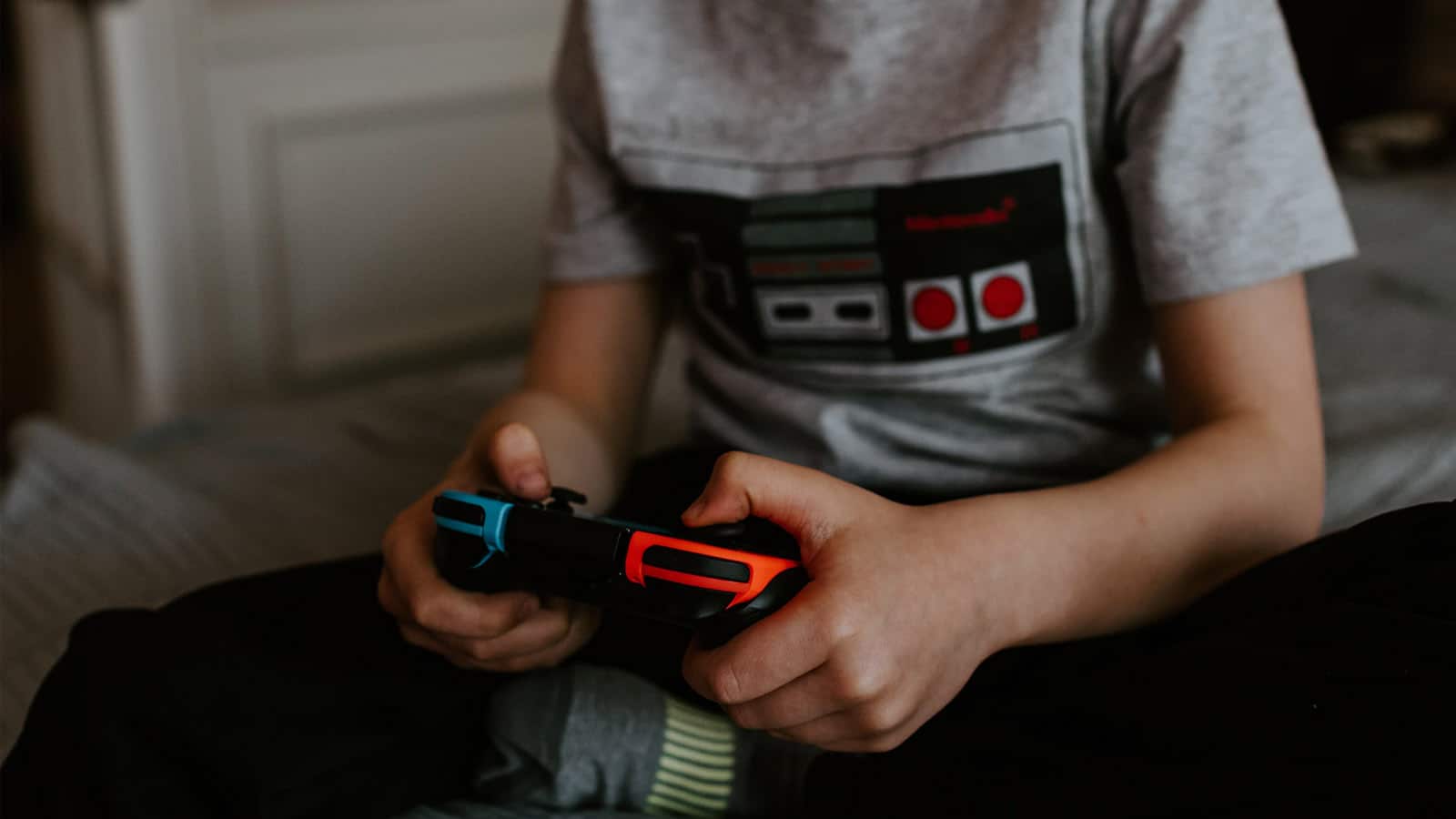Gaming
According to a new study, video games can actually be good for mental health
There are some caveats, however.

Just a heads up, if you buy something through our links, we may get a small share of the sale. It’s one of the ways we keep the lights on here. Click here for more.
Lockdowns, social distancing, and more have made hundreds of millions of people spend more time at home rather than outdoors or out with friends. As a direct consequence of that behavior, a record number of people have turned to video games.
Many experts have wondered about the effects of spending a lot of this time playing video games.
Andrew Przybylski, a professor at Oxford University, conducted research to look at gamers, the time they spend playing, and how it relates to their mental health. The team of researchers led by Professor Andrew Przybylski worked closely with game developers from both EA and Nintendo.
The study included 3,274 gamers playing Plants vs. Zombies: Battle for Neighborville and Animal Crossing: New Horizons. Gamers were surveyed for their overall satisfaction, motivation, and well-being. Then their answers got merged with telemetry data, such as logged gameplay.
Surprisingly, the study didn’t reveal anything worrisome between well-being and gameplay. There were no signs that excessive gameplay leads to poor mental health and addiction. In fact, some pointers suggest that playing video games had a positive mental effect on gamers. That said, Przybylski believes that some of this comes about due to social interactions within the game and the desire for the players to actually want to play the game.
Professor Przybylski also noted that the study doesn’t suggest that all games are suitable for gamers and that different games may elicit different emotions. Single-player games with little-to-no social interactions can have a negative effect after long gaming sessions. But he noted that this study is a stepping stone towards better methodologies that will help us learn more about gaming and its effects on people.
He also noted that in similar previous studies, players were asked to reveal how much time they spent playing, which is not reliable according to many researchers.
On the other hand, for this study, they assigned players identification keycodes that revealed the exact amount of time they spent playing. Both EA and Nintendo reached out to the player, assigned the codes, and took care of the remaining logistics. Then they sent the keycodes to the Oxford researchers. Oxford’s researchers used the keycodes to extract the data they needed.
Professor Przybylski hopes that this study will be a proof of concept and that it will lead to better cooperation between the gaming industry and academics.
What do you think? Have you spent more time during the pandemic playing video games? Let us know down below in the comments or carry the discussion over to our Twitter or Facebook.
Editors’ Recommendations:
- The KnowTechie gift guide for gamers
- UK shoppers who bought the PS5 from Amazon are getting boned
- Google Stadia is coming to the iPhone, bypassing the App Store completely
- Epic Games is bringing video chat into Fortnite with Houseparty integration



























